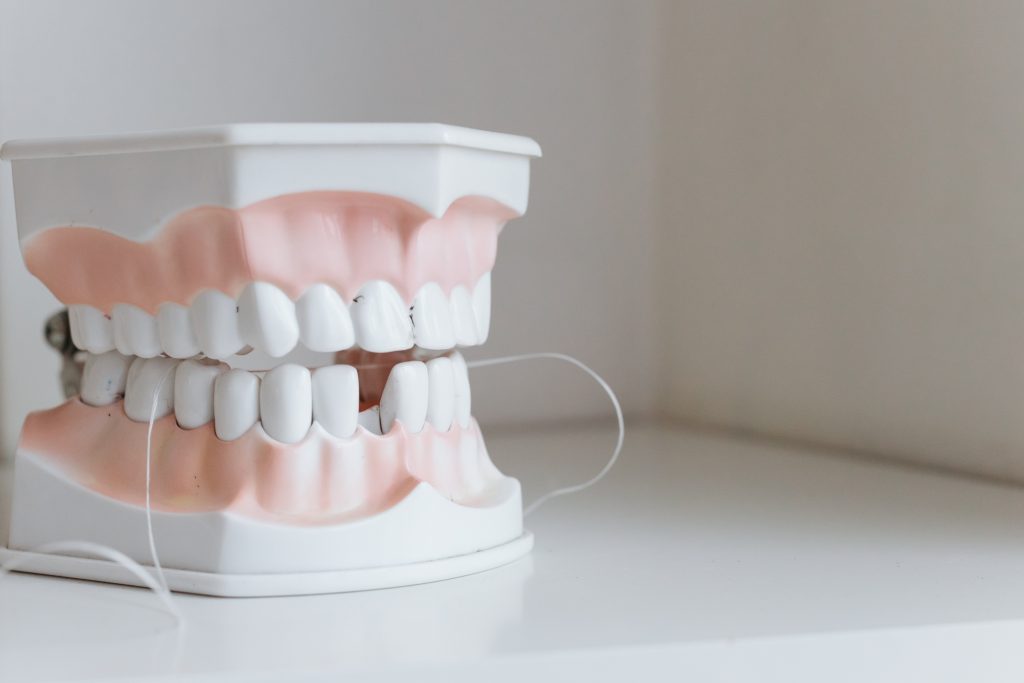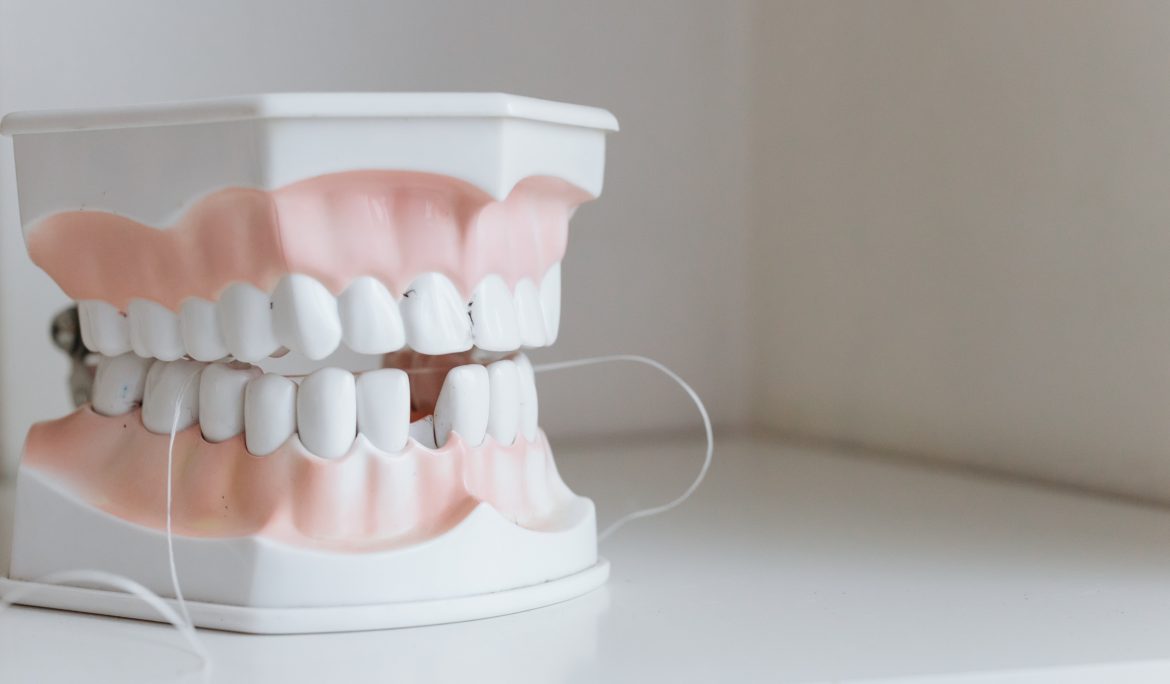
A tooth extraction is a procedure where the dentist completely removes a tooth from the mouth where it is attached to the jaw bone. This could be for various reasons.
- A badly broken down and decayed tooth that cannot have any other treatment done.
- After root canal treatment of a tooth with extensive decay and the tooth is not protected with a crown, the tooth is likely to fracture and sometimes the fracture is so severe that it necessitates the extraction of the tooth.
- Treatment option in cases of severe gum disease: in severe gum disease, the tooth loses a huge part of the bone supporting it and it becomes highly mobile. Whereas bone grafting can be used to introduce new bone around the tooth to increase its support an extraction is often resorted to because of issues such as financial constraints.
- Tooth extractions can be a treatment option for impacted teeth. Let’s talk about impactions. An impaction is when a tooth fails to grow into the mouth or just partly grows into the mouth because of restriction by either the bone or neighboring teeth. Why do they require an extraction? For the case of a partly erupted tooth, a common example is the wisdom tooth. Growing partly means that food is easily stuck between the tooth and the gum and this is difficult to clean hence the tooth can decay in this region or the gum can become very painful hence the need to extract it before it gets to this point. In the case of total impaction where the tooth does not erupt into the mouth but is stuck in the bone, they have the risk of developing diseases such as accumulation of fluid around it (cysts) or developing into a tumor hence the need to extract it.
- A tooth extraction can be part of orthodontic treatment to eliminate overcrowding. Whenever you have an overcrowded mouth and you visit a dentist to have them aligned. Space has to be created and how is this done? By extraction of some teeth. This enables the remaining teeth under pressure from the braces to move into these areas thus aligning teeth and eliminating overcrowding.
What is the process of the extraction?
It begins by giving anesthesia. This is medication meant to numb the area. We understand that you may be afraid of being injected. Worry not, you know why? We first apply a gel around the area we are going to inject and this numbs the area thus making the injection painless. You may wonder why this anaesthesia gel is not used by itself without the need for an injection, this is because it’s anaesthesia potential is not as strong as the one being injected and so it is not possible to do the procedure on just the anaesthesia gel alone.
Now that you are all numb, the extraction process can begin. It may be a simple one or a surgical one depending on the positioning of the tooth and the shape of the roots. This is usually determined before the procedure with the aid of an x-ray and the dentist will inform you.
What are the costs?
The costs may vary between Ksh.2k and 20k depending on the type of tooth and the complexity of its extraction.
What about pain during and after the procedure?
During the procedure, you are completely numbed and so you will not feel any pain. And afterwards? The dentist will prescribe some painkillers and anti-inflammatories which you will take afterwards to reduce the pain that may develop after the anesthesia wears off. Also, antibiotics may be prescribed to eliminate any infection in the area which may cause pain.
What is the healing time?
Healing time varies from person to person depending on various factors such as how you take care of the post extraction wound, your state of health and the complexity of the extraction done.
On average it takes about 1-2 weeks for complete healing to take place
How do you take care of an area where you have had a tooth extracted?
In summary you can take care of it by
- Not touching the extraction area
- Take soft foods and fluids until the area is completely healed
- Maintain good oral hygiene
- Take all the medications prescribed by the dentist
- Avoid smoking and drinking alcohol















